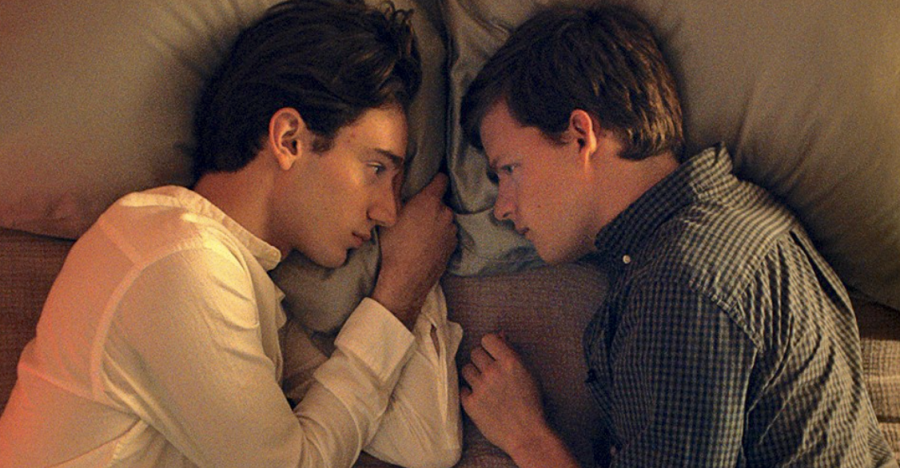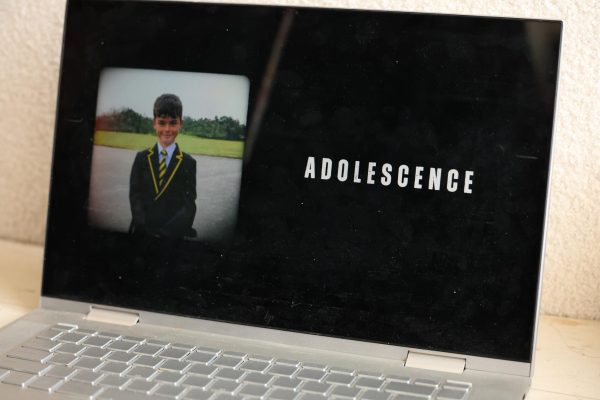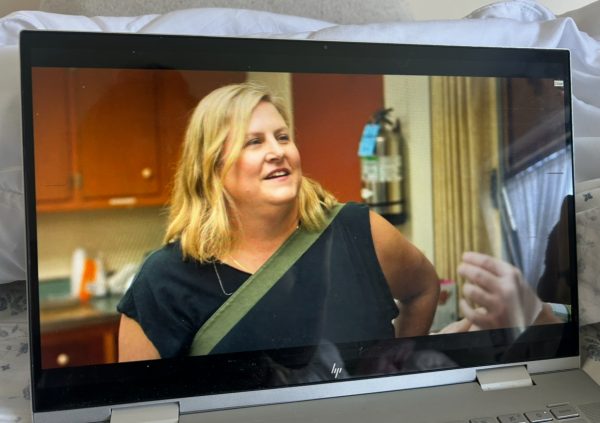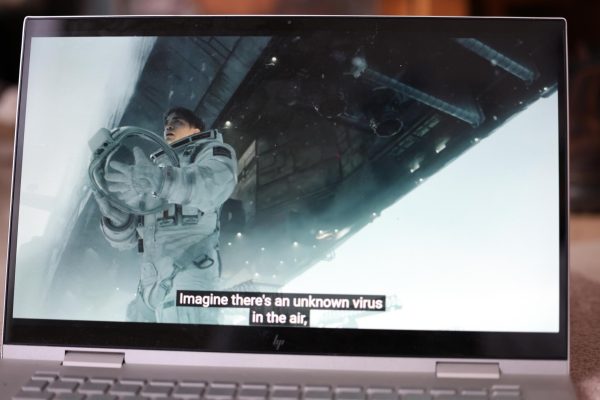Boy Erased an Affecting, Vital LGBT Drama
By Ryan Di Corpo
Every counselor, parent, and religious leader in Boy Erased, an affecting new drama from actor and director Joel Edgerton, shares a common goal: they are just trying to help. Or so they tell us.
Based on the 2016 memoir of the same name, Erased recounts the story of Jared (Lucas Hedges), the gay, college-age son of a Baptist preacher who is forced to undergo “conversion therapy” at the behest of his parents and church leaders.
Garrard Conley, author of the screenplay’s original source material, drew on his own experiences with conversion therapy and Church-sanctioned homophobia to offer a compelling, vital narrative. As the film progresses, Jared — once willing to accept his parent’s wishes — rebels against the therapy, finding comfort only in his mother, Nancy Eamons (Nicole Kidman).
Jared’s relationship with his father Marshall (Russell Crowe) is more complicated, as Marshall appears to love his son but remains deeply troubled by Jared’s sexuality.
Conversion or reparative therapy describes an attempt to alter or reverse the sexuality of a LGBT-identifying individual. Historically, it is rooted in a Christian rejection of homosexuality as innate, constant or good.
By this description, it may sound as if the practice of conversion therapy has been resigned to a bygone era where LGBT persons were met with disgust, aversion or contempt. Yet, as the end of the film informs us, more than 700,000 LGBT persons in the United States have experienced this therapy.
So-called ex-gay ministries, such as Exodus International, continue to boast significant memberships — although this ministry does not claim to rid an individual of all same-sex desires.
Far-right Catholic organizations such as St. Michael’s Media and its Church Militant news outlet promote reparative therapy, spout pernicious lies about the LGBT community and stage snide, derisive attacks against allies of that community — all while cloaking itself in a self-righteous air of counterfeit piety.
Founded in 1992, the National Association for Research & Therapy of Homosexuality (NARTH) advocates for LGBT persons to “diminish their homosexuality and to develop their heterosexual potential,” according to the organization’s mission statement. The official website of Dr. Joseph Nicolosi, co-founder of NARTH, describes him as “the originator of reparative therapy” and claims that any “legitimate therapist will not simply accept … (a) client’s gay feelings.”
His website includes the following message as a headline in large font: “If gay doesn’t define you, you don’t have to be gay.”
Conversion therapy, in short, is a form of abuse — specifically child abuse when minors still developing sexually and psychologically become subject to such pseudoscience. The counselors at Love in Action, the conversion therapy program depicted in the film, take their jobs very seriously: there is to be no talking about the program to the outside world, no cell phone use during therapy time and no physical contact.
Joel Edgerton, who also adapted Conley’s book for the screen, is excellent as lead counselor Victor Sykes, who attempts to draw his clients closer to Christ by drumming up anger against the participants’ parents, berating participants in front of their peers and ultimately resorting to physical violence. The intention of Sykes, other counselors and even Jared’s parents to “help,” however, is a sympathy trap. Their “assistance” stems from both an intolerance and a pervading ignorance of Jared’s sexuality.
Kidman pulls off a difficult task with her usual skill. As Nancy, she appears compassionate and loving even as she allows her son to endure hell on earth at the request of her husband and his Church associates. Yet, she comes to see the fraud of Love in Action, which is operated not by licensed psychologists, but by people with no specific credentials.
Russell Crowe succeeds in creating a complex portrait of Jared’s father, a man torn between allegiance to his son and allegiance to his religious community. It is a quiet, understated performance that paints Marshall not as sadistic but as distant and myopic. Eventually, Jared — now living on his own in New York City — comes to some reconciliation with his parents.
The award for Most Demanding Performance goes to Lucas Hedges, who is separated (both physically and emotionally) from his parents, castigated by peers and counselors, nearly kept prisoner inside the therapy center and, in a pivotal scene, brutally raped by a newfound college friend (Joe Alwyn). It is a disturbing scene that makes powerful use of a single, static long shot, forcing the viewer to watch in horror.
As you can probably tell, Erased is a tough sit, and it should be. The writing is at times clunky and the cinematography unremarkable, yet the film is bolstered by impressive performances from both the leads and minor characters.
It is, regrettably, a film for today — conversion therapy remains a legal practice in 36 states. But perhaps Erased is a bellwether of films to come, pulling similar stories out of the dark and into the light of a projector.













































































































































































































